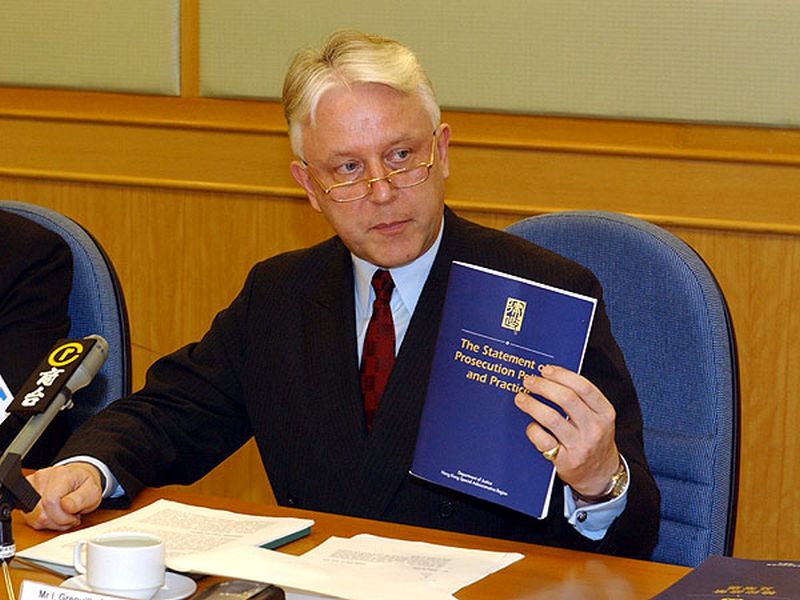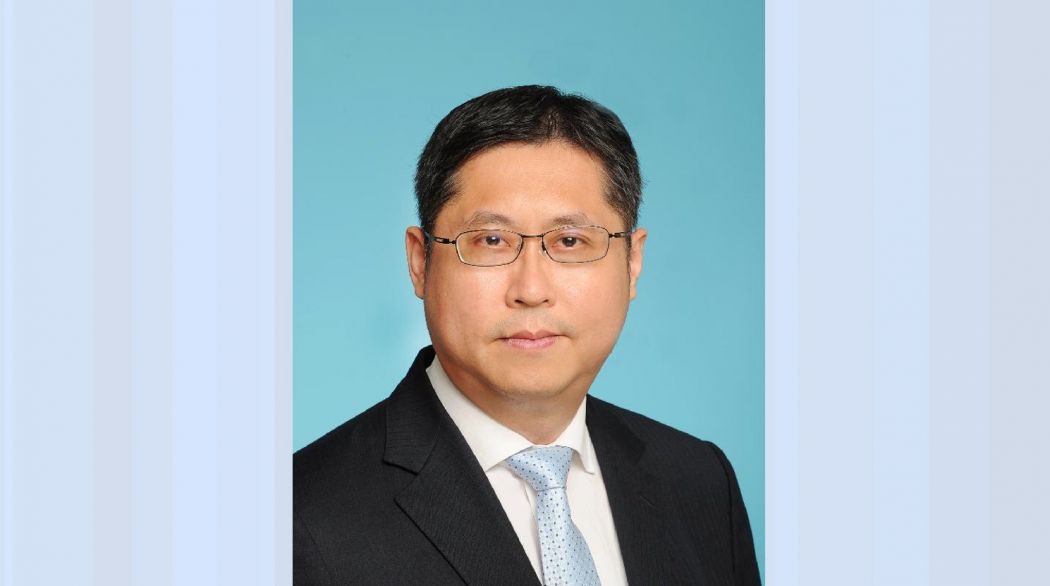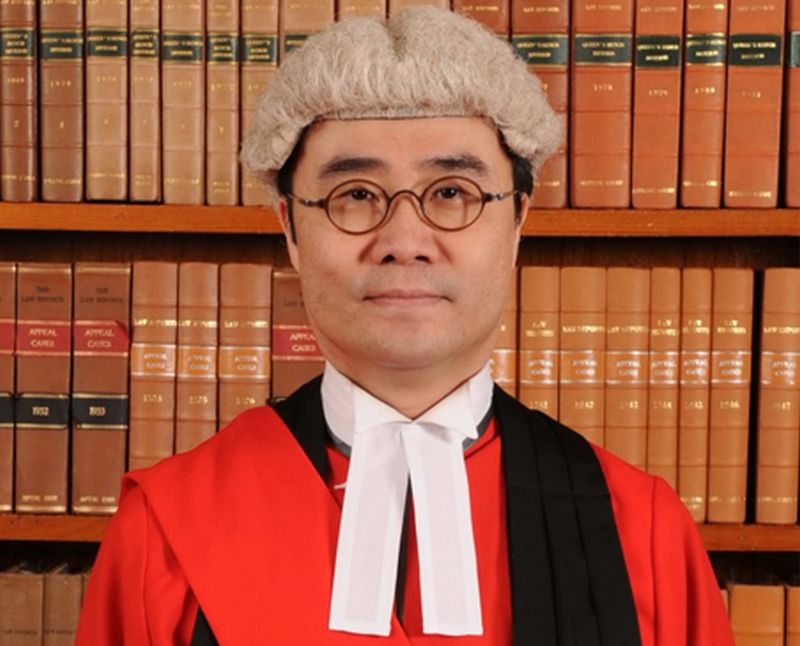Mr Grenville Cross was, at one time, our Director of Public Prosecutions. He is still a law professor and a senior counsel. After his retirement from the government service he campaigned, for a while, for the introduction of a prosecutions system insulated from the political considerations which properly engage the attention of the Secretary for Justice.
He seems to have concluded after some time that this proposal was no more appealing to our current colonial authorities than it had been to their predecessors.
More recently his writings have tended to demonstrate to the general public why some recent official decision was legally right, and even inevitable, although – in one or two cases – this view of the matter was not shared by the Court of Final Appeal.

This is all well and good. But his latest effort in this vein is quite outlandish.
This is a piece in the China Daily explaining why it was perfectly acceptable for the Returning Officer to reject the nomination of Ms Lau Siu-lai to the current by-election, without giving her the opportunity to make representations on the matter.
Mr Cross starts with the resoundingly platitudinous observation that the right to run for election is not unqualified, and recites the legal requirements, which as well as age, residence and such like include a “declaration of willingness to uphold the Basic Law and pledge allegiance to the Hong Kong SAR”.
He then states that in the interests of the integrity of the system “false declarations need to be weeded out”. This is an interesting point, but I would have thought the need, if any, was met by the law which allows prosecution of anyone who makes a false declaration.
This would no doubt bring the disqualification of the candidate concerned in its train, but with this procedure the disqualification would be preceded by a proper trial in which the government had to prove its case and the alleged falsifier would be able to make such defence as she or he had available.

The current arrangement, in which the Returning Officer (who in our system, unlike the UK one, has no claims to impartiality) decides the matter on his own, was, Mr Cross notes, approved by Mr Justice Au in the High Court. There were two conditions: that the evidence of falsity was “cogent, clear and compelling”, and that the affected person was given a “reasonable opportunity” to respond to it.
Mr Cross then goes through the evidence adduced by the Returning Officer, and loves it. We thus arrive at the point that Ms Lau has complained about not being given a chance to respond, and in a most unlawyerly way Mr Cross says that “as a matter of common sense Au’s guidance should be seen as directory, rather than mandatory. If Kwok [the Returning Officer] was satisfied on all the material before him that the case for exclusion was overwhelming, there would have been little point in inviting Lau’s comments.”
Dear me. The opportunity to respond is not just a matter of Mr Justice Au offering a little fatherly advice to Returning Officers. It is an application of the part of the Common Law known confusingly as ”natural justice”. What this states is that, if a person or body is making a decision of a vaguely judge-like nature, then he or it should observe some minimal judge-like standards.
What those standards involve can vary. For some purposes courts have held that the accused should have the right to see the evidence, cross-examine witnesses and call his own. In less fraught circumstances you may be entitled to a hearing and a lawyer, or a friend who is not a lawyer, or just a hearing, or just a chance to write in your defence.
The right to respond conferred by Mr Justice Au could be considered in this light as a bare minimum. Generations of Common Law practitioners would twirl in their graves if they could hear a senior counsel dismissing it on the grounds of “common sense”.

Let me at this point turn the microphone over to Mr Justice Robert Megarry, giving his view of the matter in John v Rees. If you wish to read the whole thing, it can be found at [1969] All ER 274,309.
It may be that there are some who would decry the importance which the courts attach to the idea of natural justice. ‘When something is obvious,’ they may say, ’why force everyone to go through the tiresome waste of time involved in framing charges and giving an opportunity to be heard? The result is obvious from the start.’
Those who take this view do not, I think, do themselves justice. As everyone who has anything to do with the law well knows, the path of the law is strewn with examples of open and shut cases which, somehow, were not; of unanswerable charges which, in the event, were completely answered; of inexplicable conduct which was fully explained; of fixed and unalterable determination that, by discussion, suffered a change.
Nor are those with any knowledge of human nature who pause to think for a moment likely to underestimate the feeling of resentment of those who feel that a decision against them has been made without their being given any opportunity to influence the course of events.

A briefer statement of a similar point from US Supreme Court judge Felix Frankfurter:
No better instrument has been devised for arriving at truth than to give a person in jeopardy of serious loss notice of the case against him and opportunity to meet it. Nor has a better way been found of generating the feeling, so important to a popular government, that justice has been done.
So, Ms Lau was entitled to be heard. She was not. This was wrong. Mr Cross is wrong. I am also cross.
